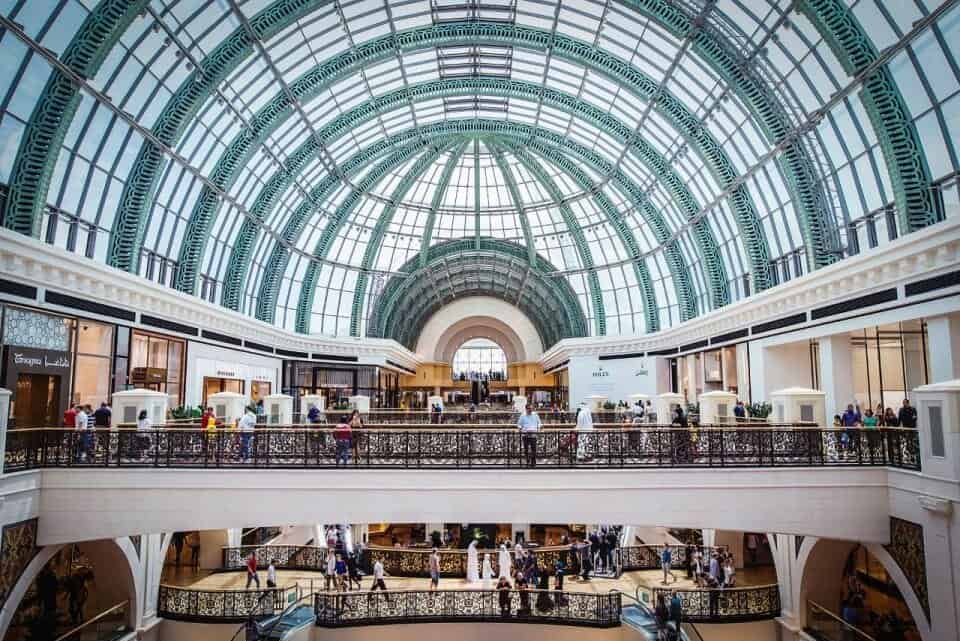Majid Al Futtaim, a shopping mall operator in the Middle East, has reported a drop in revenues for the first half of 2021 attributed to the Covid pandemic restrictions.
Revenues for the period reached 15.6 billion UAE dirhams ($4.2 billion), down by 10 percent from a year earlier, but net income went up by 2 percent to 1.6 billion UAE dirhams.
The company, which runs Mall of the Emirates and several other retail destinations around the UAE and the Middle East region, maintained that it continued to deliver a “robust” performance despite the challenges posed by the outbreak.
The retail industry has been impacted by the decline in footfall traffic since the start of the COVID-19 pandemic last year. However, with the easing of restrictions, reopening of borders and rapid vaccination drive, the UAE’s retail sector has started to recover.
Alain Bejjani, chief executive officer of MAF, acknowledged in a statement on Monday that the effects of the pandemic are still being felt across their business. But he stressed that their financial position remains strong and that consumer confidence is now returning.
“Despite the prolonged impact of the COVID-19 pandemic, Majid Al Futtaim has delivered a robust performance over the first half of the year, driven by prudent financial management and a diversified portfolio,” Bejjani said.
“While we continue to feel the impact from the continued disruption, our strong financial position has enabled us to remain resilient to that pressure and agile in how we respond to the stressors within our operating environment. This has enabled us to continue executing on delivery of our regional growth strategy.”
The company reported that online sales at Carrefour jumped by 25 percent. The number of orders also posted a 50 percent growth compared to last year.
Bejjani maintained that they continued to see “encouraging signs of recovery” across their markets, as consumers return to the stores.
“Consumers gain confidence in resuming their pre-pandemic activities. In addition to the increased activity across our physical assets, the acceleration of pre-pandemic trends – particularly as they pertain to digital capabilities – continues to gather pace,” Bejjani said.
“We remain committed to investing in all areas of our business to ensure we are well-positioned to best serve our customers’ evolving wants and needs,” he added.

